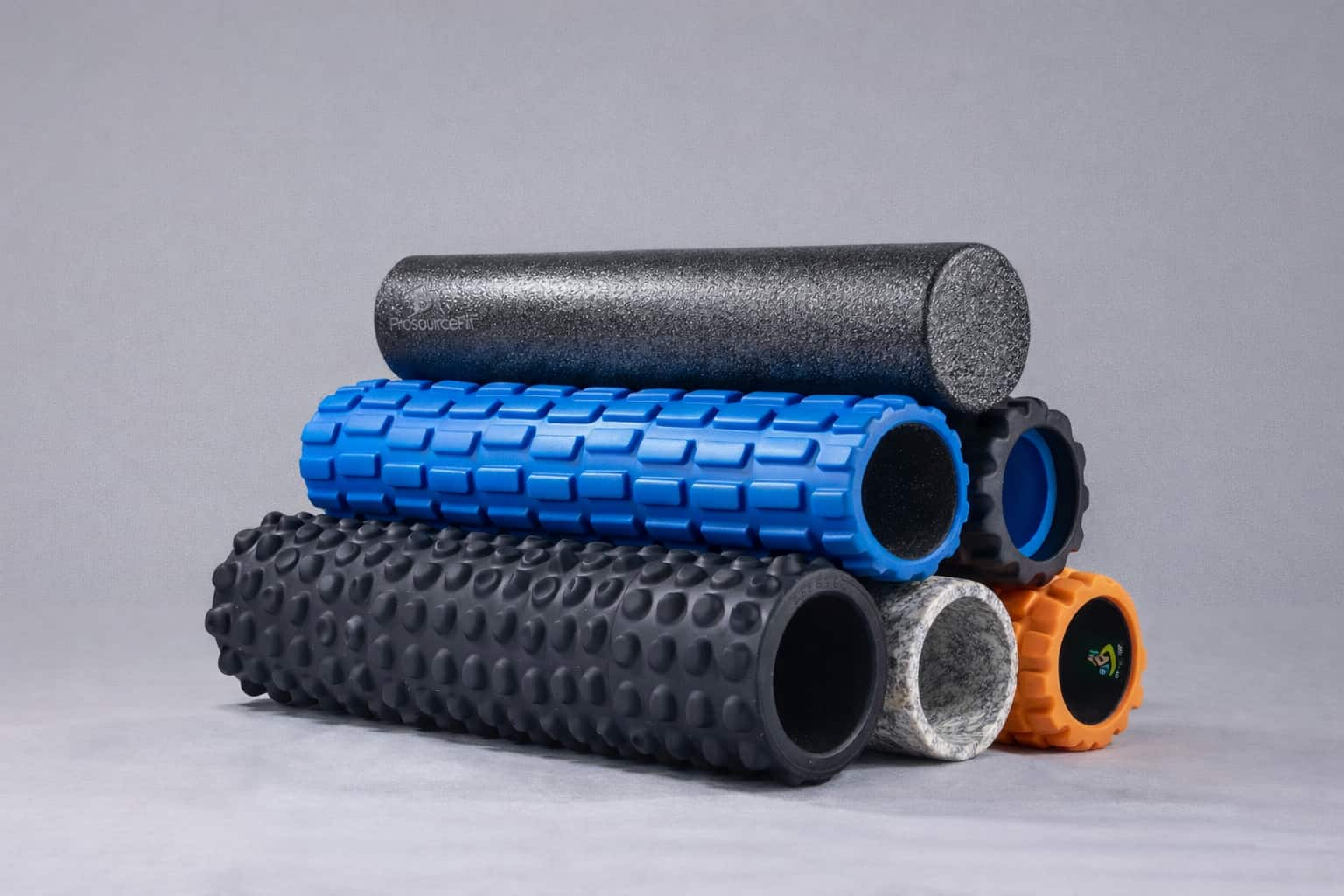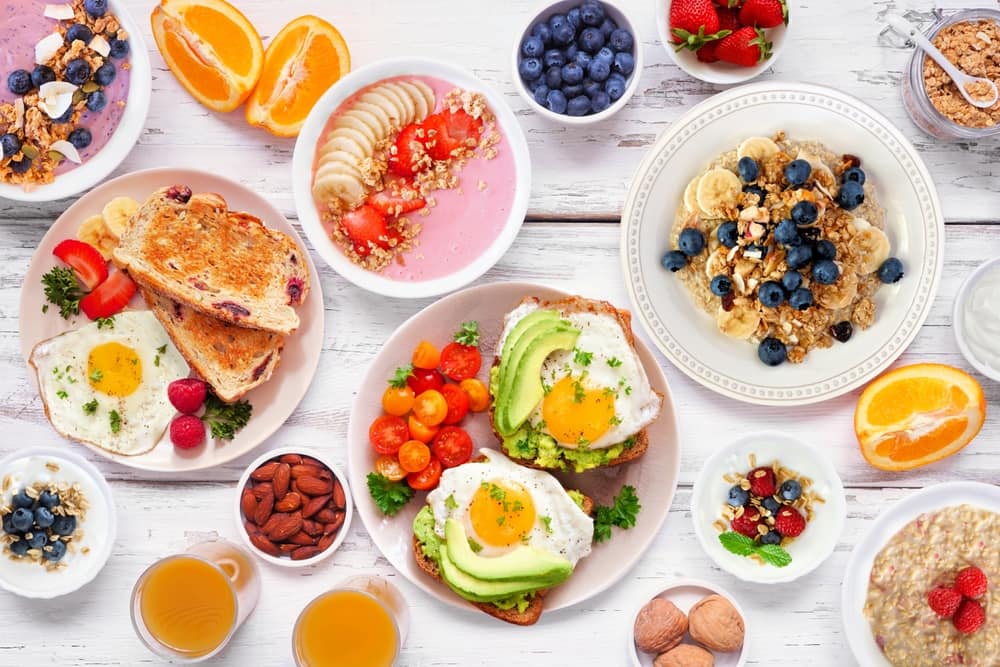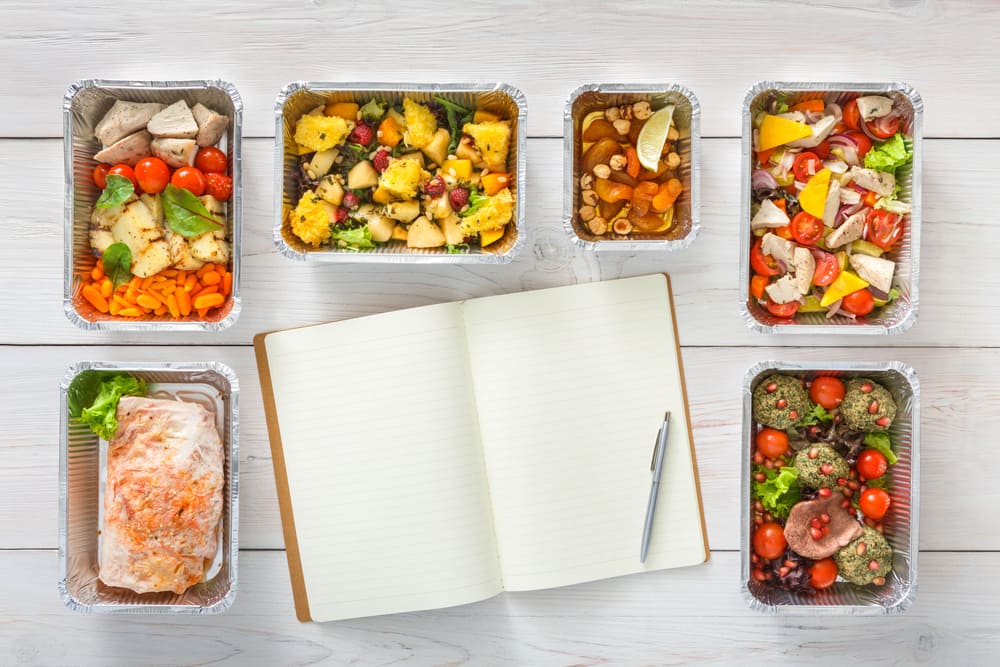How to eat fewer calories without feeling hungry


Here’s how to eat fewer calories without feeling hungry and still stay energized throughout the day. If you’ve attempted to cut down on your calorie intake before, the one thing that you realize is that it is tough to keep the sense of hunger at bay. However, there is a good side to it. You can consume fewer calories and still not get the feeling of deprivation. Making a few intelligent dietary selections makes it feasible to be complete, contented, and energized while going after your health goals.
During this writing, we will explain the most important strategies for avoiding feeling hungry, discuss healthy calorie reduction ideas, and provide examples of delicious low-calorie foods you can use today to keep feeling satisfied.
“Eating more vegetables, whole grains, lean proteins, and healthy fats can help individuals feel full while still consuming fewer calories. It’s essential to focus on nutrient-rich foods rather than counting calories.”–American Dietetic Association (ADA)
Prioritize Protein to Eat Fewer Calories and Stay Full


Eating protein as the number one priority in your every meal is one of the cleverest steps to feel full and eat fewer calories. Proteins need more time to be digested, making you feel full for a more extended period, satiating even better than the necessity of overeating. Eggs, chicken, turkey, tofu, Greek yogurt, and legumes are fantastic options. The objectives are to apply a protein source in each meal and additional snacks for muscle health, hunger management, and easier eating of healthy food, predominantly when losing weight.
Choose Healthy Fats to Curb Hunger Naturally
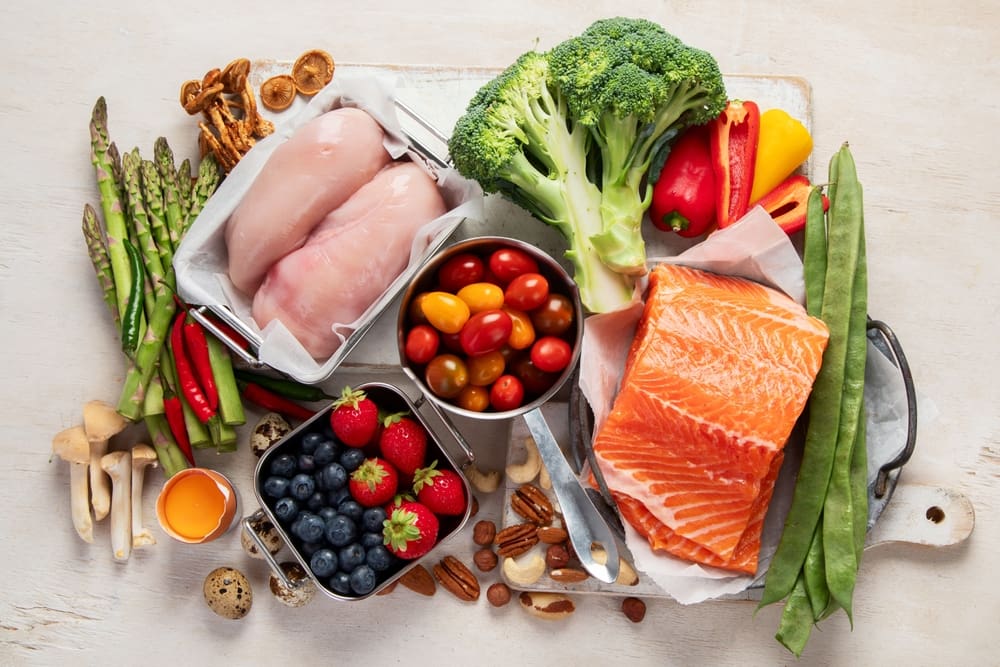

Consuming healthy fats can aid in the long-term feeling of hunger and benefit your health. To get these benefits, it is best to have avocados, olive oil, nuts, seeds, and fish oil as part of your daily diet. You will also consume low-calorie yet nutrient-rich fats to keep your hunger manageable. The key is to keep the quantity at a moderate level to reap the advantages of these fats without stuffing yourself with calories.
Drink Water to Reduce Calories Without Feeling Hungry


Drinking an adequate amount of water all day long can naturally make you consume less food. There are situations when people confuse thirst with hunger, which can lead to overeating. Being well-hydrated not only saves your digestion but also satiates your stomach. You should have water before a meal to make it less and control calorie intake easily.
Practice Mindful Eating to Feel Full on Fewer Calories


Practicing mindfulness here indicates that you are giving your meals undivided attention, thus no phones or TV to distract you. Eating slowly and enjoying each morsel enables your body to recognize satiety and consume fewer calories naturally. Mindful eating is great in that not only does it make your food more delicious, but it also makes it easy to feel satiated with fewer and healthier food options.
Plan Balanced Meals to Eat Fewer Calories and Avoid Hunger


Balanced meals are essential for protein, good fats, and fiber. This not only keeps you filled with energy for a more extended period but also avoids the overconsumption of calories and gives a feeling of not being on a diet. The main thing here is adding vivid veggies, low-fat meat, and whole grains to every meal as the perfect combination to do magic for your body.
Start Meals with a Soup or Salad to Stay Full Longer
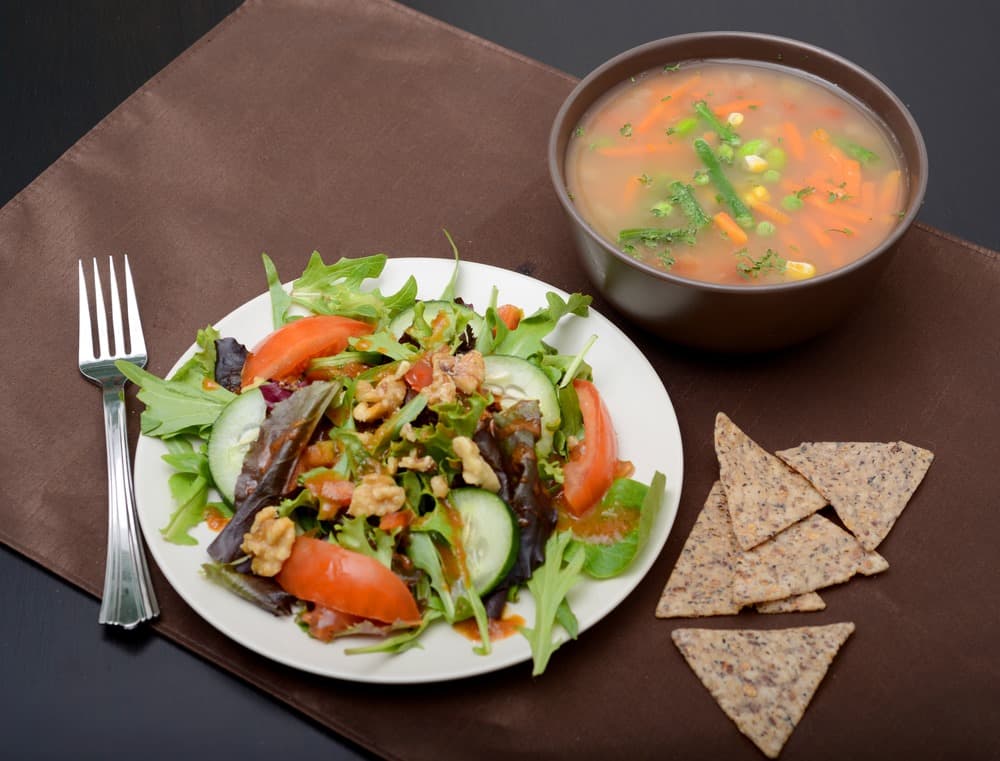

Having a vegetable soup or a refreshing salad before devouring a meal is a clever tactic to consume less and still not be hungry. These low-calorie, high-fiber options are the ones that work when you are hungry and are not only nourishing but are also the ones that support your good health and assist in calorie intake control.
Eat Less Without the Hunger Struggles
You don’t have to struggle with hunger all day because lowering the number of calories in your meal is made easy with the help of the right food options, having a meal plan and implementing mindful eating; you can eat fewer calories, manage hunger, and still feel satisfied. Focus on nutrient-dense foods, drink plenty of water, prioritize protein and fiber, and listen to your body. These habits support weight loss and improve your overall health and well-being. How to eat fewer calories without feeling hungry and still enjoy your meals every day.

